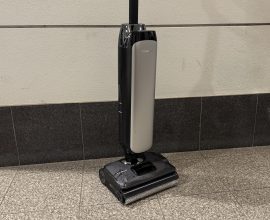The fight for a sustainable means of production and living pushes on, but what happens when the biggest cause of pollution and waste doesn’t know what to do about it?
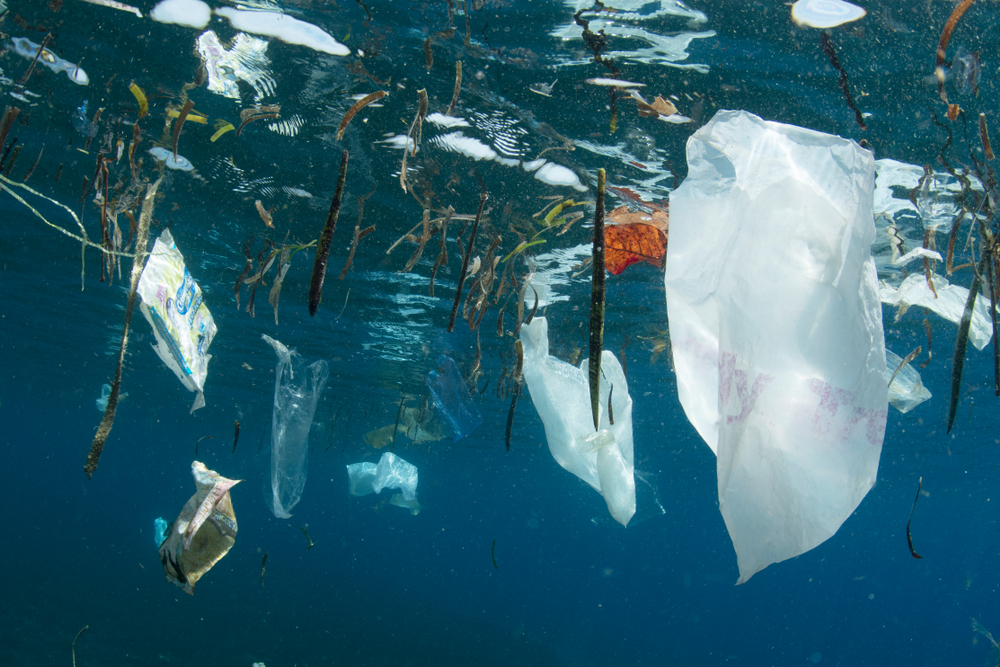
When I think of sustainability, I think of the Great Pacific Garbage Patch. Yep, that patch of plastic twice the size of Texas floating in the Pacific Ocean. The impact of the existence of this garbage patch is massive – from harming marine life to ending up in our seafood, it’s negatively affecting everyone and everything that lives on our planet, especially ourselves.
And while we’d like to be a part of the solution, the truth is, our hands are sometimes tied as consumers. Much of this garbage (both literally and figuratively) comes from large conglomerates, their packaging, and unethical disposal methods. According to The Guardian, only 20 companies are responsible for a third of the world’s carbon emissions. There’s only so much we as consumers can do.
businesses don’t know how to be sustainable.
At least, not the ones in Singapore.
Sure. some of Singapore’s largest businesses have embraced Corporate Social Responsibility (CSR) efforts. Fuji Xerox Singapore commits to planting trees in lieu of its paper goods, resulting in a drop in almost half their CO2 emissions. Levi’s has found more sustainable ways to conserve water in their production of jeans. However, these only make up the 14% of Singaporean companies that are in the advanced stages of implementing sustainability strategies.
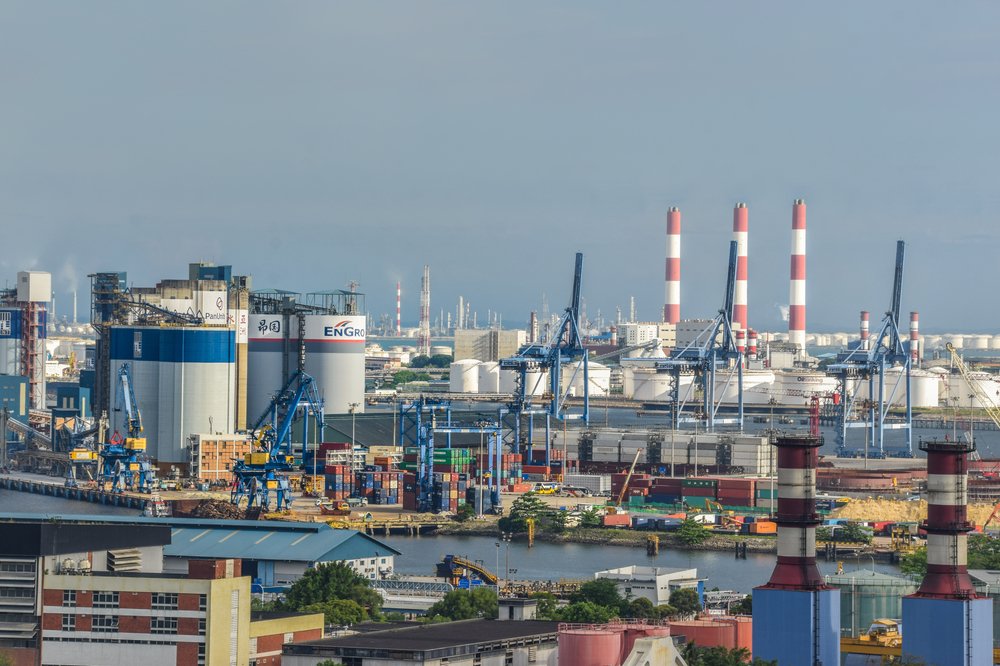
According to key findings from NTUC LearningHub’s Special Report 2022 on Sustainability, more than half (56%) of employers in Singapore do not have well-defined sustainability goals.
Unfortunately, this could be linked to the gap in sustainability expertise and skill sets prevalent in most companies. I.e. Most companies (86%) see the issue, but don’t know what to do about it. Not to mention, about half of these leaders (49%) also cite difficulties in aligning sustainability goals with the overall company’s goals.
Are these companies avoiding sustainable practices for the company’s goals, then? Mr Tay Ee Learn, NTUC LearningHub’s Director of Technical Skills Product Division might have information that suggests otherwise.
sustainable means of production: not a conflict of interest.
According to Mr Tay, sustainable practices and business goals aren’t a conflict of interest. In fact, businesses equipped with proper sustainable practices see benefits in the long term.
Sustainable practices have been proven to help improve business innovation, protect firms from environmental risks, and even create a positive image for the organisation.
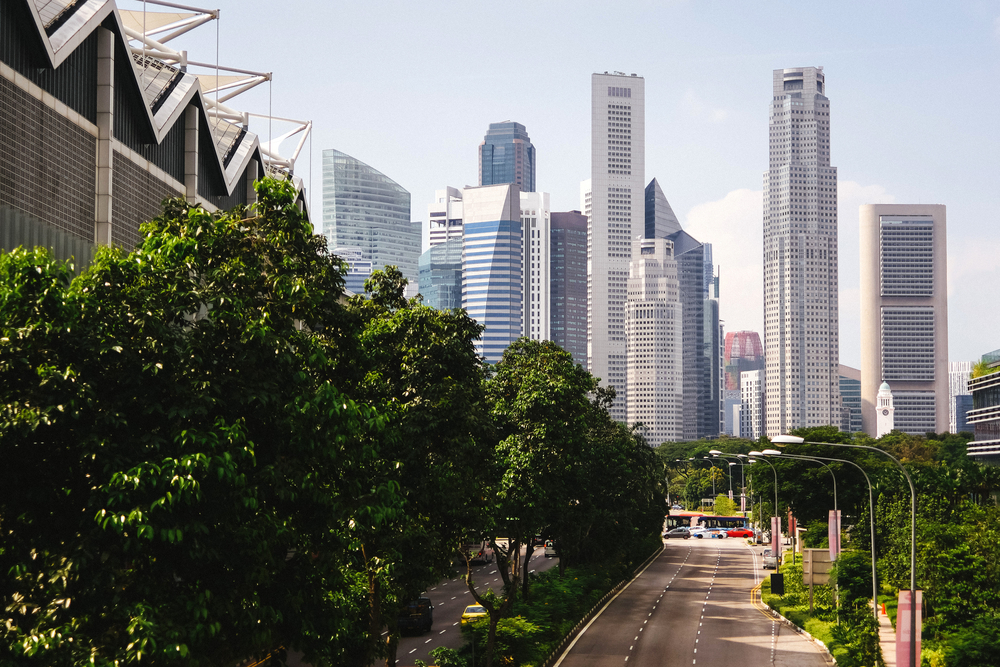
Commenting on the report findings, Mr. Tay says, “The growing call for companies to adopt sustainable practices, and the transition to a low carbon economy and sustainable business model is no longer a choice.
Businesses adopting sustainable practices will not only mitigate business risks in compliance reporting, reputational risks, and climate change, they can potentially reap benefits, such as enhancing operational efficiencies, innovating products and services, among others. Businesses should therefore view sustainability as a long-term investment and move forward from awareness to action. Businesses who are keen to kickstart their sustainability journey can consider tapping on external expertise, and/or upskilling their workforce to build capacity to sustain the journey.”
so, what now?
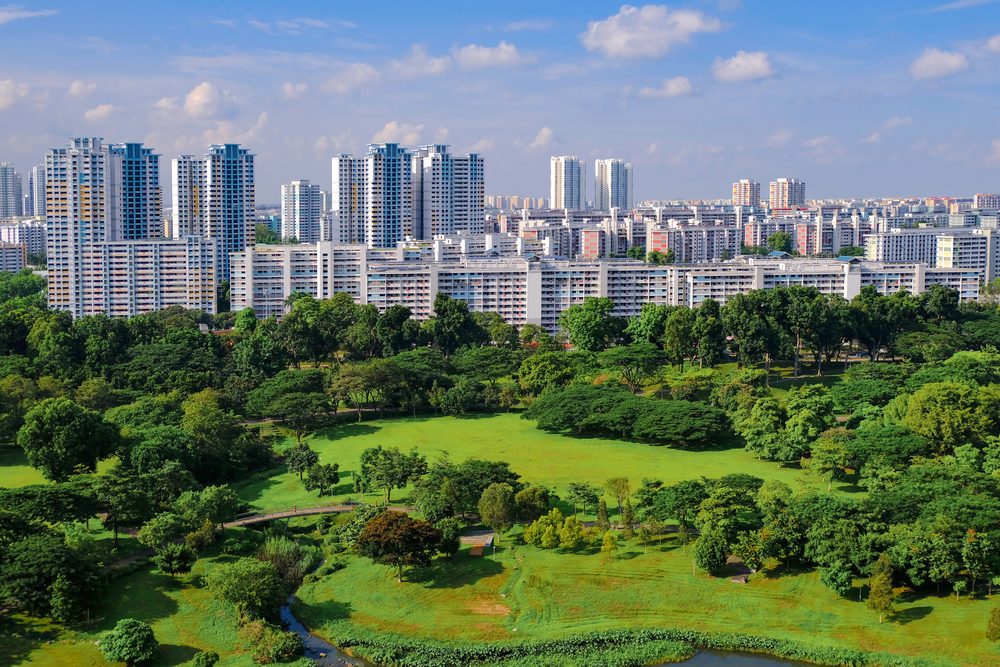
Perhaps businesses have become complacent. The National Environmental Agency (NEA) has worked hard to provide clean air and water using new technologies for Singapore. It’s no coincidence that much of the water quality remains at Band 1 (Enterococcus Levels < 200, safe to swim) for most public beaches in Singapore.
But sustainability initiatives can’t involve purely mitigation methods. Issues are best resolved at the source, before any waste hits the stream.
If you’d like to learn more about the importance of and challenges faced by sustainability initiatives in Singapore, NTUC Learning Hub’s just released their 2022 Sustainability Report here. The report also addresses how businesses can move forward despite the gap in sustainability expertise and skill sets – so be sure to check it out for yourself.
Enjoyed this article? Find out how you can have a greener home here, or check out how students created an energy-efficient world on Minecraft!





